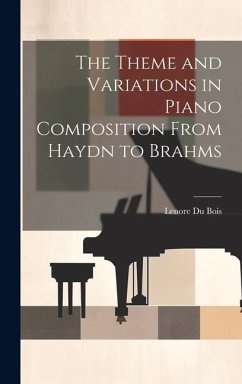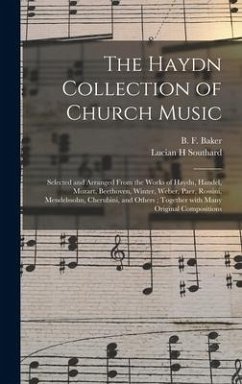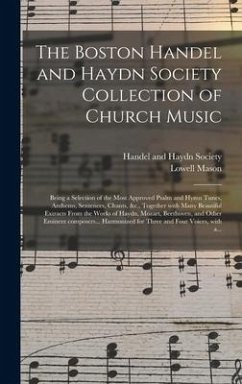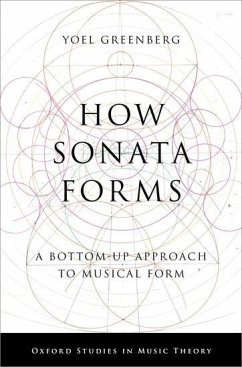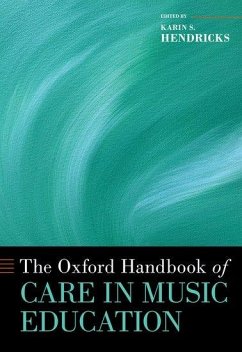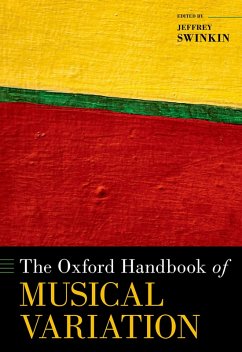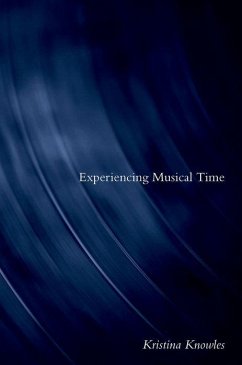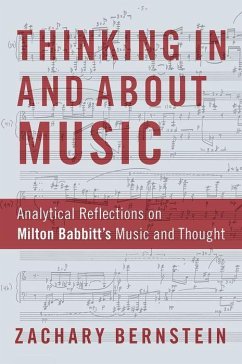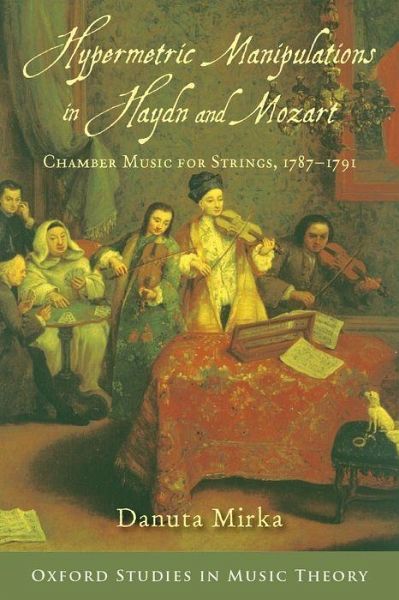
Hypermetric Manipulations in Haydn and Mozart
Chamber Music for Strings, 1787 - 1791
Versandkostenfrei!
Versandfertig in über 4 Wochen
132,99 €
inkl. MwSt.
Weitere Ausgaben:

PAYBACK Punkte
66 °P sammeln!
Hypermetric Manipulations in Haydn and Mozart offers a systematic classification of hypermetrical irregularities in relation to phrase structure. It also offers a comprehensive account of the ways in which phrase structure and hypermeter were described by eighteenth-century music theorists, conceived by eighteenth-century composers, and perceived by eighteenth-century listeners.




